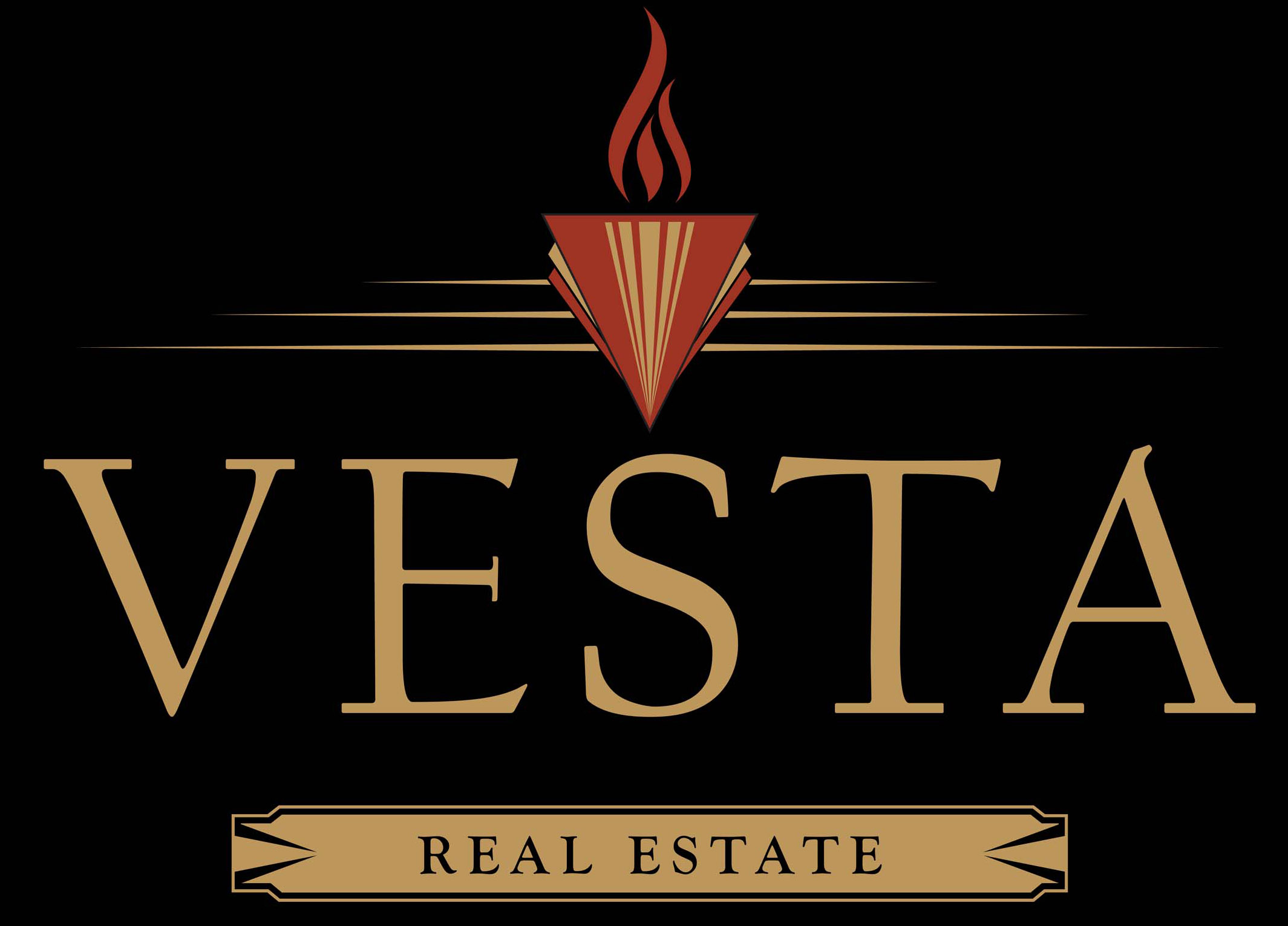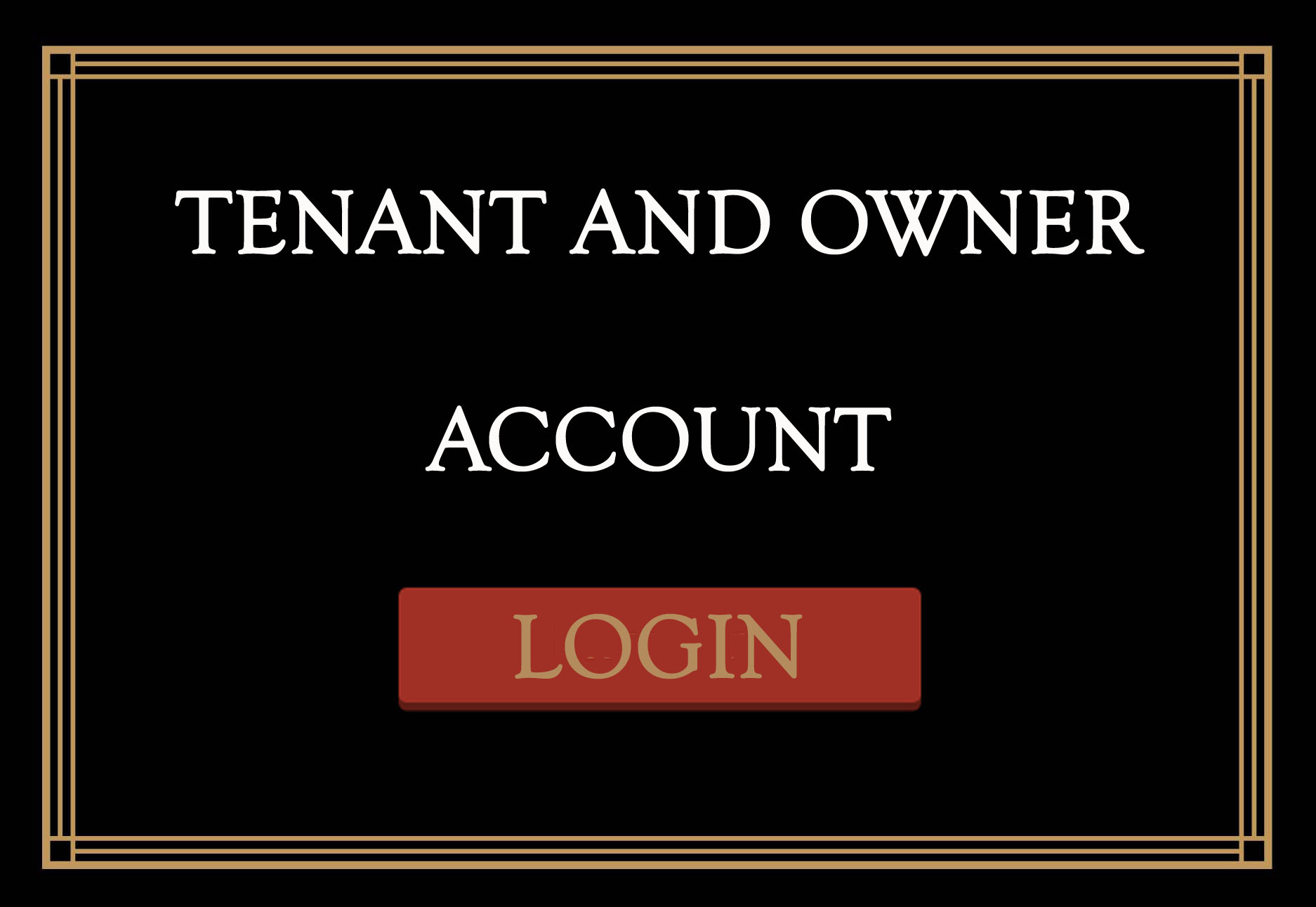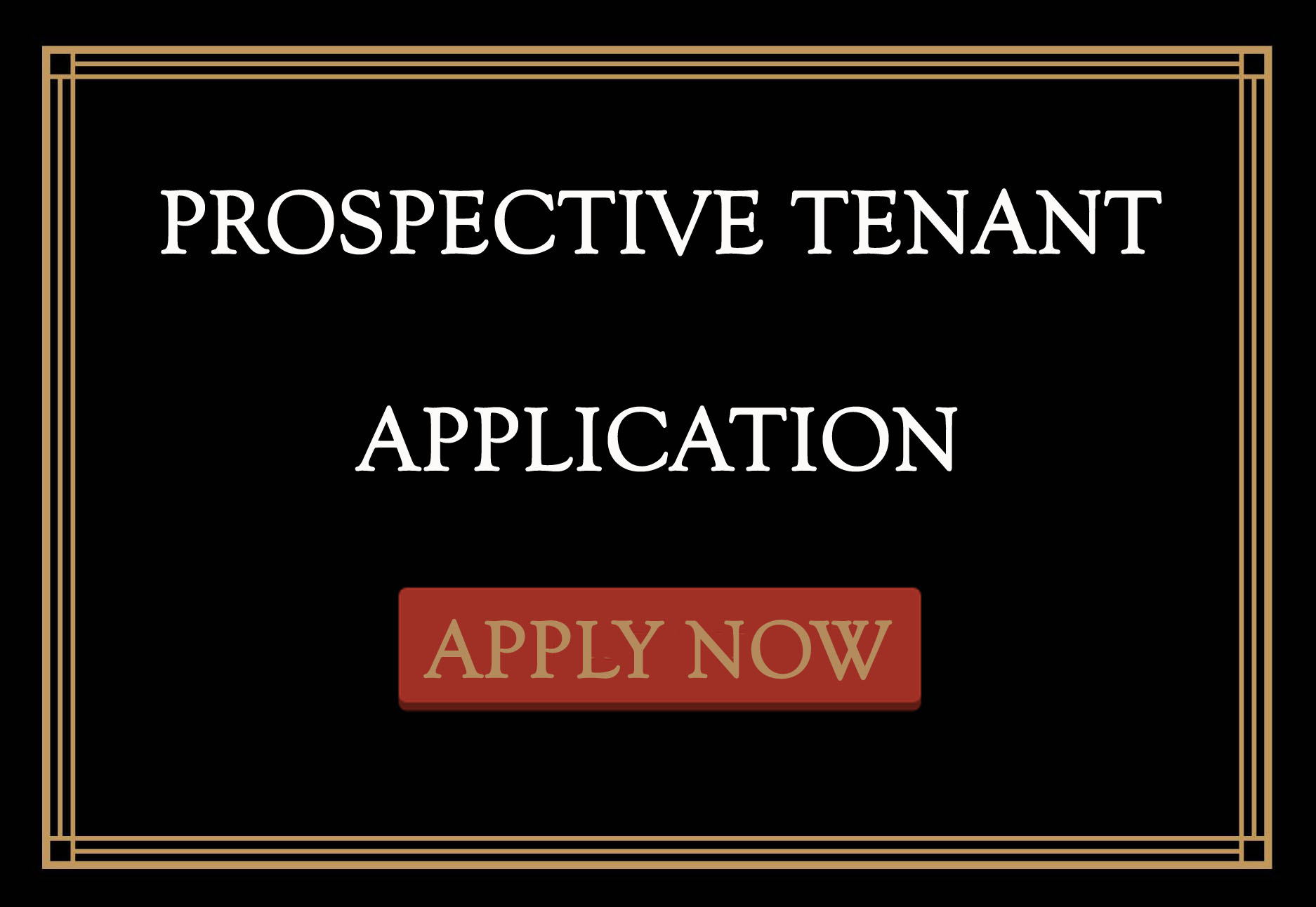EARNEST MONEY GAMBLE: Sellers Calling Buyer’s Bluff
Published On: October 4, 2017 Posted by: Jeremy Peterson
With Utah being in a housing crisis, the market is extremely lopsided in favor of sellers. Anytime a market becomes imbalanced in either direction, unusual behavior begins to appear. Presently, buyers have reached a point of desperation in seeking housing. This panic manifests itself in shotgun offers, where buyers will write several offers on several homes at once hoping at least one will be accepted. Or, worse, it appears as blind offers where the buyer hasn’t even driven by the home and hopes to lock it up in a contract so they can go see it later.
From a seller’s perspective, these kinds of offers cloud the decision making process. When multiple offers are being received on a property, sellers have some difficult choices to make. How do you sift through these less serious offers? Also, many times doing a “highest-and-best” round of offers yields results that are virtually identical to each other. Indeed, if a market is efficient and buyers are fairly economically homogeneous, receiving very similar offers is no surprise. This has been my experience working for sellers this past summer.
So the question then is how to properly sort through this mix of less-than-serious or seemingly monotonous offers. How do we objectively choose which buyer is best? This is where earnest money makes a huge difference. Earnest money is effectively a bet being placed by a buyer. They are wagering that when they put their earnest money down on a home, they will have that money credited toward their purchase if they close. Unlike games of chance where the probability of winning is a well-known mathematical formula, the probability of the buyer closing is only known to them. The only way for a seller to know how confident a buyer is in their wager is by the size of the earnest money amount.
For example, recently we had a transaction where the highest price bidder submitted an offer with just $100 earnest money. Obviously the buyer’s faith in closing was fairly low. The experience during the transaction showed that as well. Deadlines were missed, last minute demands for concessions were made out of necessity, and the whole transaction took a haphazard path to closing. After several weeks of delay, the transaction finally closed.
In another transaction, we had 8 offers on a property listed at $125,000. The winning offer had $500 earnest money. Unfortunately, a new loan officer and an inexperienced real estate agent representing the buyer. Unbeknownst to us at the time the offer was accepted, the buyer was poorly qualified and after 7 weeks under contract the buyer finally defaulted by missing their settlement deadline. Our clients collected the buyer’s $500 as liquid damages and we placed the property back on the market. However, this time I recommended we screen potential buyers by requiring a higher earnest money amount. We advertised that we would not accept any offer with less than $1,000 earnest money. Rather than being drowned in offers out of the gate, we had steady showings and received a solid offer with the required earnest money a few days later. We anticipate this contract experience to go much more smoothly.
So, if you are a seller who wants to make sure potential buyers are solid, boost your earnest money requirements. Even if you need to do a “highest-and-best” round, tell the agents that you want “highest-and-best” earnest money. It will call their bluff and weed out those who are holding weak hands.



